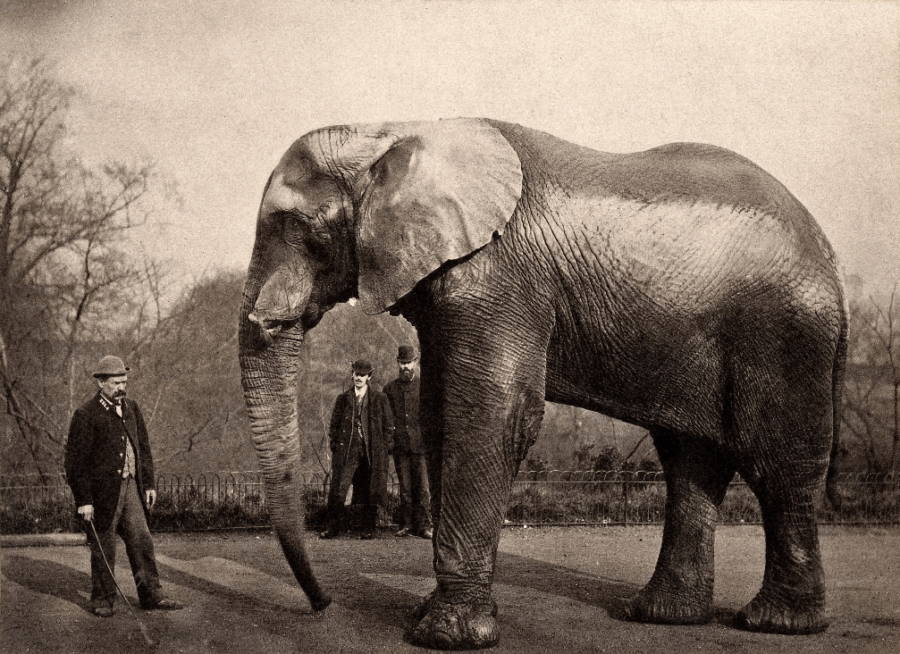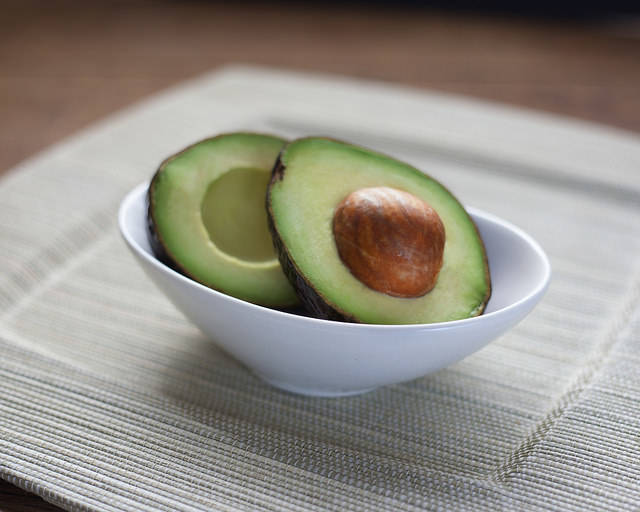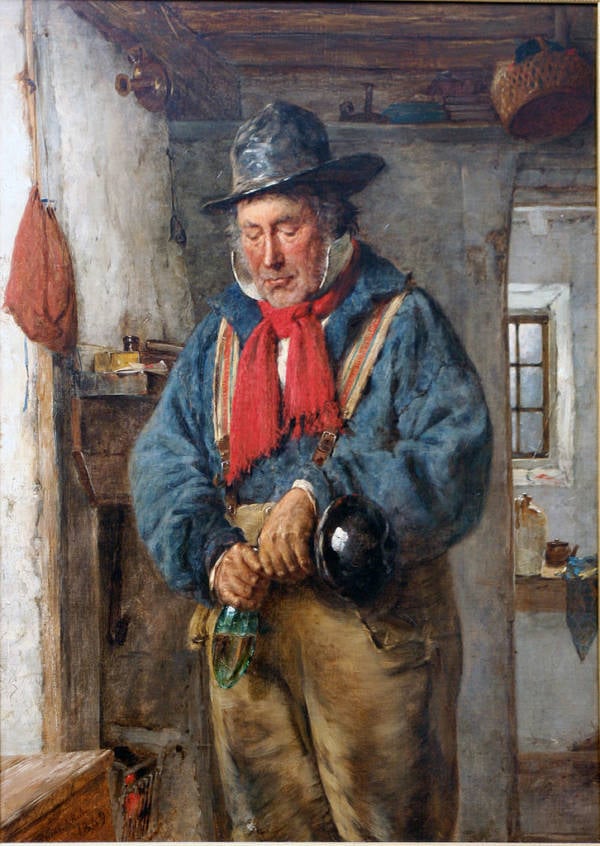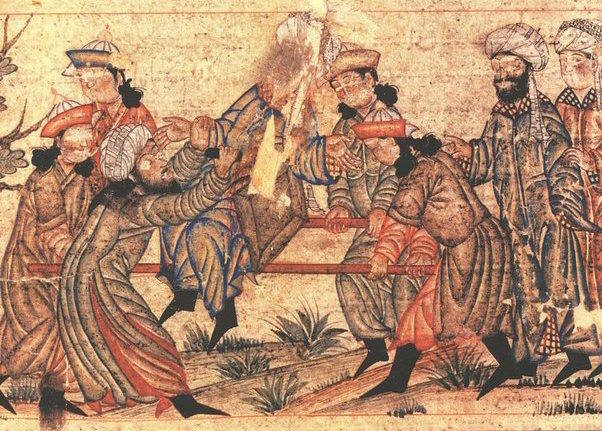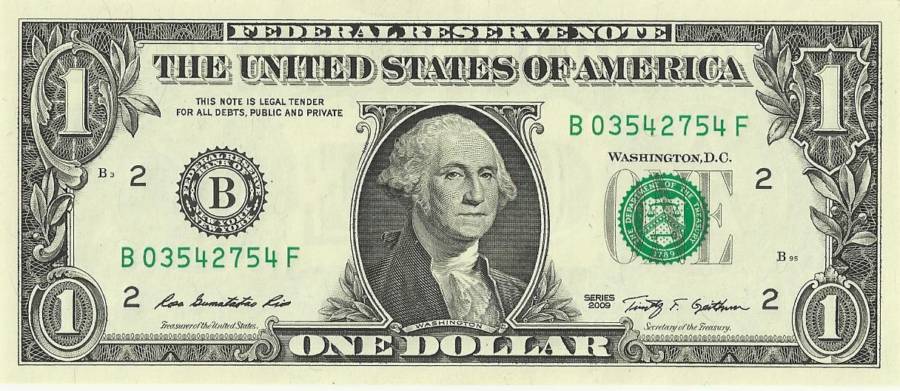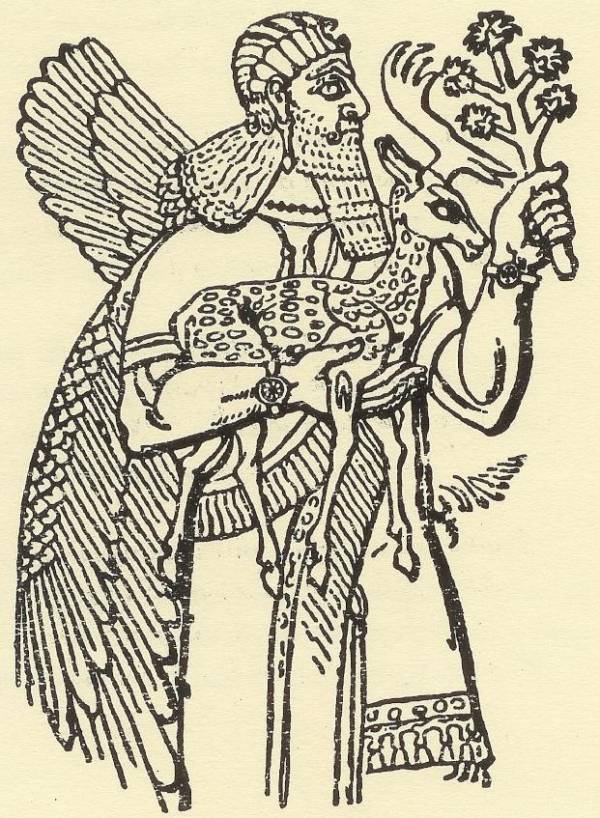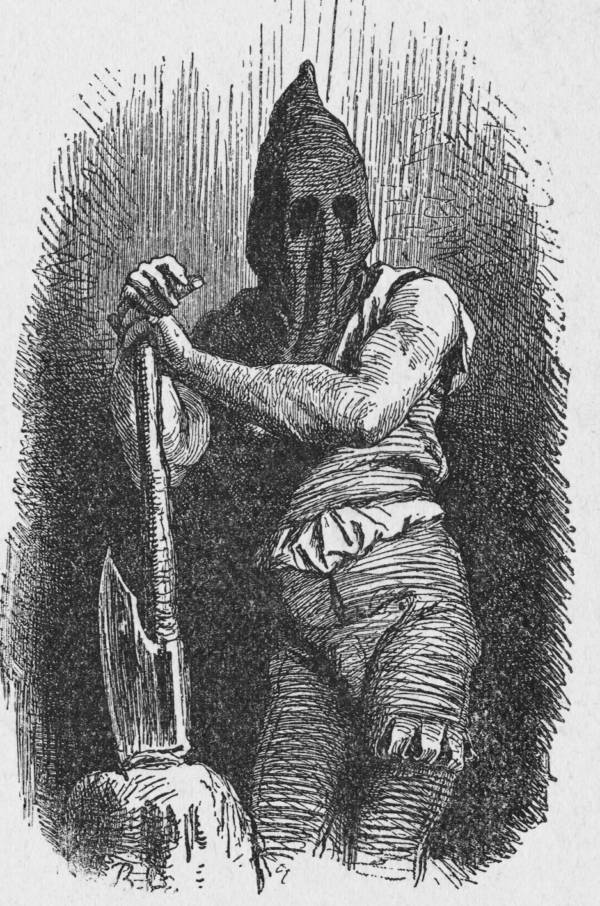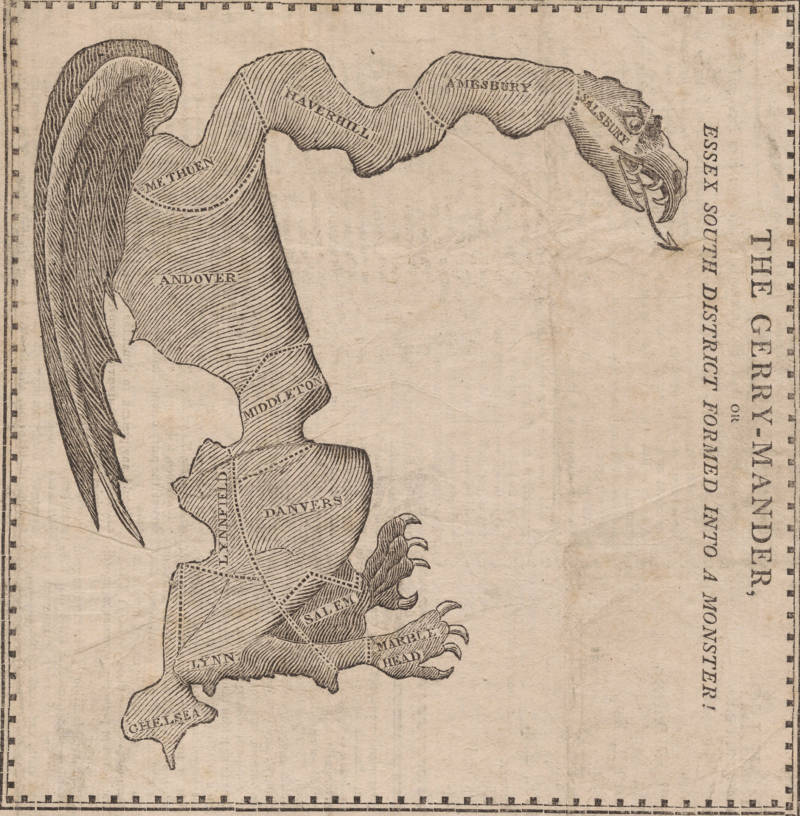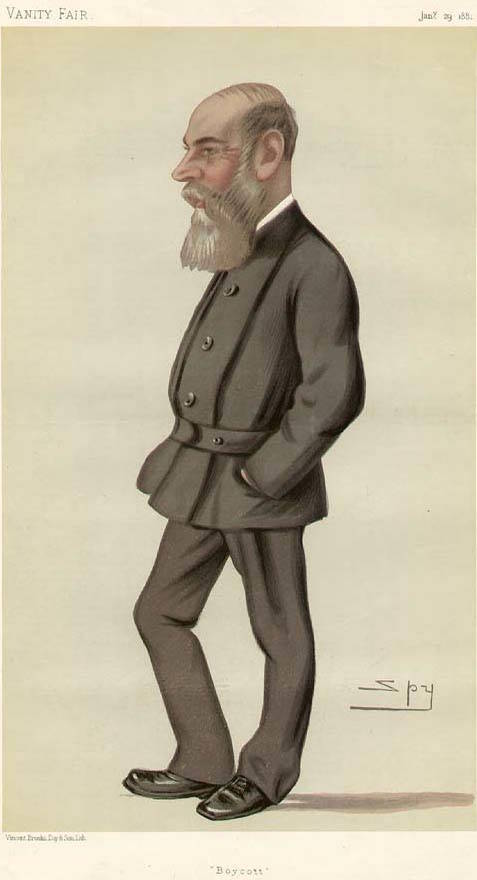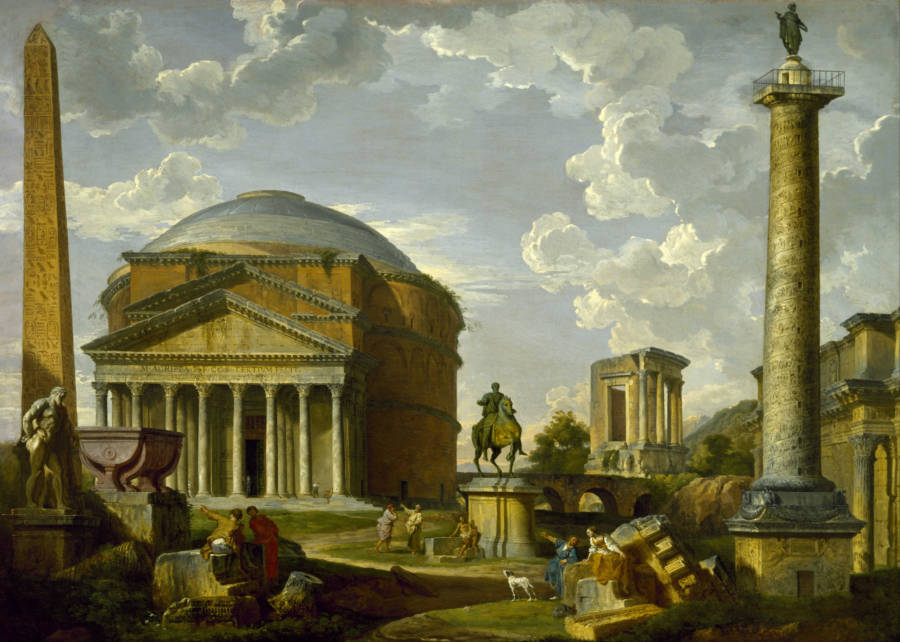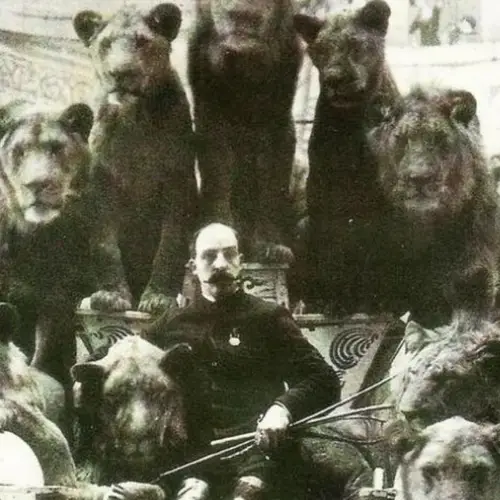1 of 21
Jumbo
The word "jumbo" was most likely originally the word for "elephant" in a certain West African language. It took on the meaning of "large" in English when an elephant in a London zoo was named Jumbo in 1860 (pictured).Wikimedia Commons
2 of 21
Avocado
The word "avocado" is derived from "ahuacatl," a word in the Aztec Nahuatl language that means "testicle." Kjokkenutstyr/Wikimedia Commons
3 of 21
Jeans
Jeans were named after the place in which their fabric originated: Genoa, Italy.Pixabay
4 of 21
Ketchup
The word "ketchup" is derived from the Chinese word "ke-tsiap," a pickled fish sauce. The term came to mean a wide variety of condiments, before becoming associated specifically with tomato ketchup.Pixabay
5 of 21
Whiskey
The word "whiskey" comes from the Gaelic phrase "uisge beatha," which literally means "water of life."Wikimedia Commons
6 of 21
Assassin
The word "assassin" derived from the word "hashishiyyin," meaning hashish-users in Arabic, because of a fanatical Muslim sect during the Crusades that used to smoke hashish and then murder leaders on the opposing side.Wikimedia Commons
7 of 21
"Smart Aleck"
The term "smart aleck" refers specifically to a pimp in 1840s New York named Alec Hoag who teamed up with his wife to trick people out of their money.Green Bay Press-Gazette
8 of 21
Buck
"Buck" as a slang term for an American dollar comes from the fact that, on the American frontier, deerskins, or buckskins, were often used as units of commerce.Wikimedia Commons
9 of 21
Nimrod
"Nimrod" was originally the name of a mighty hunter in the Bible. The name took on its negative connotation after it was used sarcastically in a Bugs Bunny cartoon from the 1940s.Wikimedia Commons
10 of 21
Lemur
The word "lemur" comes from a Latin word that means "spirit of the dead." Carl Linnaeus, the Swedish scientist that named these creatures, cited their nocturnal nature as the influence for the name.Wikimedia Commons
11 of 21
Kibosh
"Kibosh," as in "to put the kibosh on something," comes from the Gaelic "cie bais," which mean "cap of death," referring to the hood that executioners used to wear.Bettmann/Getty Images
12 of 21
Pamphlet
"Pamphlet" comes from the title of a Latin love poem called "Pamphilus, seu de Amore," which was supposedly passed from person to person, as a pamphlet would be today.Pixabay
13 of 21
Namby-Pamby
The phrase "namby-pamby" originated as an insult created by British satirist Henry Carey based on the first name of poet Ambrose Philips (pictured) for his use of flowery language.Ken Welsh/Design Pics/Corbis/Getty Images
14 of 21
Clue
The word "clue" is derived from the archaic English word “clew,” meaning a ball of yarn, because in Greek mythology, Ariadne gives Theseus a ball of yarn to help him find his way out of the Minotaur’s labyrinth.Max Pixel
15 of 21
Tragedy
The word "tragedy" comes from the Greek "τραγῳδία" (tragodia), meaning the song of the male goat.Tim Green/Flickr
16 of 21
Gerrymander
The political term "gerrymander" originated in a 19th-century political cartoon that depicted one of the new districts created by the redistricting of Massachusetts as a salamander, due to its shape. Because of the shape and the fact that the redistricting was carried out by Governor Elbridge Gerry, the word "gerrymandering" was born.Wikimedia Commons
17 of 21
Quarantine
"Quarantine" is the Venetian word for "40 days," referring to the length of time during which boats had to forego contact with the shore after arriving in port if they were suspected of being infected.Wikimedia Commons
18 of 21
Mortgage
The word "mortgage" comes from the French expression "mort gage," meaning "death pledge."
Pixabay
19 of 21
Boycott
The term "boycott" comes from the name of Captain C. C. Boycott, an English land agent in Ireland, whose tenants refused to do business with him in 1880, in an attempt to get their rents reduced.Wikimedia Commons
20 of 21
Noon
"Noon" comes from the Latin phrase nona hora or "ninth hour," because in Ancient Rome, noon was actually around 3 p.m.Wikimedia Commons
21 of 21
Like this gallery?
Share it:
